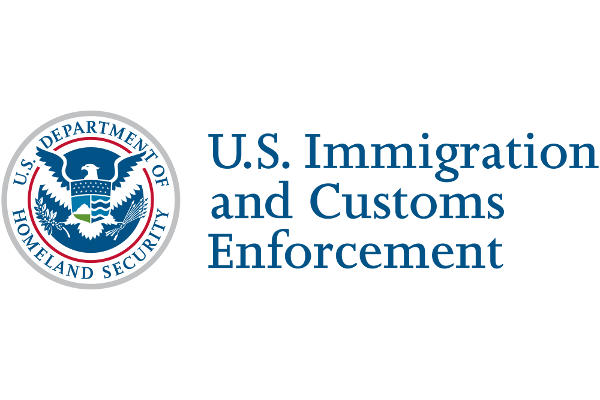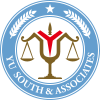 U.S. Citizenship and Immigration Services (USCIS) announced yesterday that it will begin accepting H-1B petitions subject to the fiscal year (FY) 2011 cap on April 1, 2010.
U.S. Citizenship and Immigration Services (USCIS) announced yesterday that it will begin accepting H-1B petitions subject to the fiscal year (FY) 2011 cap on April 1, 2010.
Because available quotas had been quickly exhausted within a very short period of time and for some years the cap was reached on the very first day when it became available in the past, it is important that US employers and foreign beneficiaries start sooner and have their cases completed and ready to file in advance, so that we can overnight the package to the USCIS on March 31, 2010 to ensure your petition is received by USCIS on the first day!
However, because cases will only be considered accepted on the date that USCIS takes possession of a properly filed petition with the correct fee, not the date that the petition is postmarked, it is critical that your petition is carefully prepared and reviewed so that it will not be rejected by USCIS for not being "properly filed” to miss the possible cut-off date when the cap may be met!
H-1B visa is the most commonly used visa category by US employers to hire foreign talents to fill professional positions of a “specialty occupation” that typically requires at least a bachelor's degree or an equivelant such as engineers, scientists, computer programmers and teachers, etc. It is also the most frequent bridge toward the immigrant status or "green card" through employment for most legal aliens in a nonimmigrant status in this country, especially international students in F-1 status.
Congressional authorization of the fiscal year cap (numerical limitation on H-1B petitions) for FY 2011 remains the same, specifically: 65,000 total for all categories, plus the first 20,000 cap-subject new H-1B petitions filed on behalf of individuals who have earned a U.S. master’s degree or higher are exempt from the H-1B cap.
Further, immigration laws allow certain H-1B petitions to be exempt from the annual cap if the beneficiaries will work at institutions of higher education or related or affiliated nonprofit entities, nonprofit research organizations or governmental research organizations. Petitions filed on behalf of beneficiaries who will work only in Guam or the Commonwealth of the Northern Marianas Islands are exempt from the cap until Dec. 31, 2014, as well.
Petitions filed on behalf of current H-1B workers to extend or renew or seek change of employers are not subject to cap restrictions in most situations but change of employer from a previously cap exempt employer to a cap subject employer will be counted toward the new cap.
If you have any questions about this article or H-1B filing or other questions about any US immigration matters, you can send an email to Yu, South & Associates directly here at:
Yu, South & Associates, Where YOU Matter the Most.
